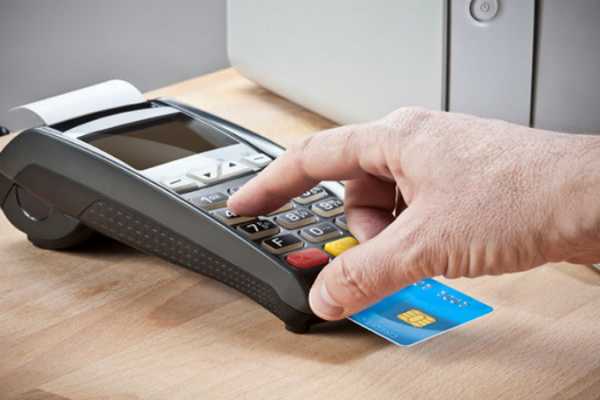In the rapidly evolving world of finance and technology, digital wallets have emerged as a cornerstone of modern payment systems. Digital wallets, or e-wallets, are electronic applications that allow users to store, manage, and transact money using their mobile devices or computers. Within this realm, one of the exciting developments is the enhancement of micropayment cashing. This article delves into the significance of digital wallets and how they are revolutionizing micropayment transactions.
Digital wallets have gained immense popularity due to their convenience, security, and versatility. They streamline the payment process, enabling users to make transactions seamlessly and efficiently. Micropayments, typically small-value transactions ranging from a few cents to a couple of dollars, have become increasingly common in various industries, including gaming, content consumption, and online services. Here’s how digital wallets enhance micropayment cashing:
Swift and Seamless Transactions: Digital wallets enable micropayment transactions to be processed swiftly and effortlessly. With just a few taps on their mobile devices, users can make payments for low-value goods, services, or content. This frictionless experience enhances user satisfaction and encourages more micropayments.

Elimination of Transaction Fees: Traditional payment methods often impose hefty transaction fees, making micropayments impractical due to the high relative cost. Digital wallets, however, mitigate this challenge by either reducing or entirely eliminating transaction fees for micropayments. This makes it economically feasible for users to engage in frequent micropayment transactions.
Enhanced Security Measures: Digital wallets prioritize security, utilizing robust encryption and authentication processes to safeguard transactions. Users can transact with confidence, knowing that their financial data is protected. This security feature is crucial in gaining user trust, especially for small transactions.
Centralized Transaction Tracking: Digital wallets provide users with a centralized platform to track all their micropayment transactions. This transparency helps users monitor their spending, understand their consumption patterns, and manage their finances better. Having a comprehensive record of transactions enhances financial control and accountability.
Integration with Loyalty Programs: Many digital wallets integrate with loyalty programs, offering users rewards, discounts, or cashback incentives for their micropayments. This incentivizes users to engage in more transactions, leading to increased usage and adoption of digital wallets for micropayment purposes.
Access to a Wide Range of Services: Digital wallets often offer a plethora of services beyond simple payments, such as peer-to-peer transfers, bill payments, and online shopping and Full Report https://www.moneylife365.com/. This versatility enhances the overall user experience and encourages users to utilize digital wallets for various micropayment needs.
In conclusion, digital wallets play a crucial role in enhancing micropayment cashing by facilitating swift and seamless transactions, reducing transaction fees, ensuring security, offering centralized transaction tracking, integrating with loyalty programs, and providing access to a wide range of services. As the trend of micropayments continues to grow, leveraging digital wallets can significantly optimize the micropayment experience for both consumers and businesses.

